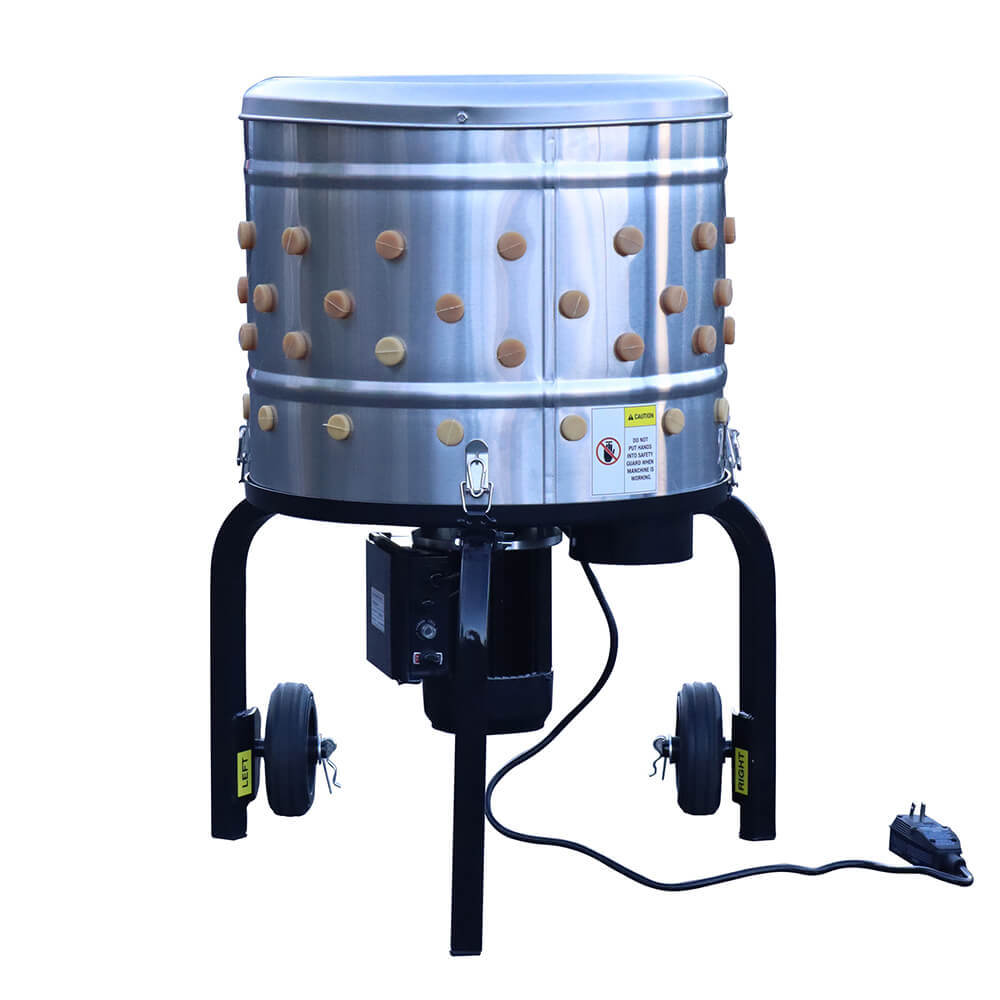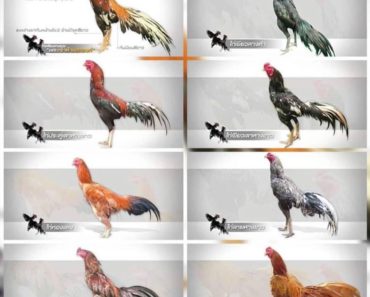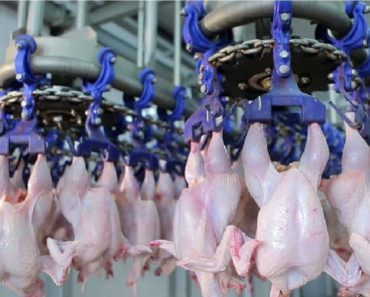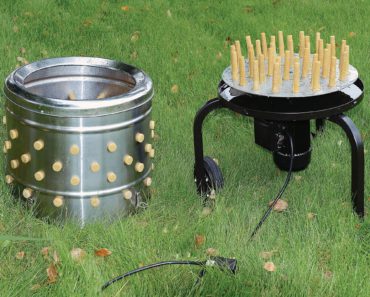Contents

Introducing the Snake-Proof Chicken Coop: A Game-Changer for Poultry Enthusiasts. Protect your feathered friends from slithery predators with this innovative snake-proof chicken coop. Discover how this state-of-the-art design ensures the safety and wellbeing of your flock while maintaining their freedom to roam. Don’t compromise on security—give your chickens the ultimate protection they deserve.
Building a Snake-Proof Chicken Coop: Protecting Your Flock from Predators
Building a Snake-Proof Chicken Coop: Protecting Your Flock from Predators
When it comes to keeping your flock safe, one predator that often gets overlooked is the snake. Snakes can easily slither their way into a chicken coop and wreak havoc on your feathered friends. To ensure the safety of your chickens, it’s essential to build a snake-proof chicken coop.
Why is It Important?
Snakes are not only a threat to adult chickens but also to their eggs. They can consume eggs and even strangle or swallow smaller chickens whole. Additionally, certain snake species carry diseases that can spread to your flock, leading to illness and death.
How to Snake-Proof Your Coop
1. Seal Entry Points: Inspect your coop for any gaps or openings that snakes could squeeze through. Use strong wire mesh or hardware cloth to seal these openings and ensure they cannot penetrate.
2. Elevate the Coop: Snakes are excellent climbers, so raising your coop off the ground can deter them from accessing it. Consider building a raised platform or using cinder blocks to elevate the coop.
3. Install Snake-Proof Fencing: Create a barrier around the coop using sturdy materials like galvanized steel or heavy-duty wire mesh. Ensure it extends both above and below ground to prevent snakes from burrowing underneath.
4. Regular Maintenance: Conduct routine checks to ensure the integrity of your coop remains intact. Repair any damages or weak spots immediately to prevent potential snake entry.
5. Keep Surroundings Tidy: Snakes are attracted to clutter and hiding spots. Keep the area surrounding your coop clean by removing tall grass, debris, and unnecessary objects that could provide snake hiding spots.
Remember, prevention is key when it comes to protecting your flock from snakes. By implementing these measures, you can create a snake-proof chicken coop and provide a safe environment for your chickens to thrive.
The Importance of Snake Proof Chicken Coops
Snakes are a common threat to chicken coops, especially in areas where they are prevalent. Having a snake-proof chicken coop is crucial to protect your chickens from potential predation. Snake-proofing your coop ensures the safety and well-being of your flock.
Snakes can enter chicken coops through small openings, such as gaps in walls or flooring. They pose a significant risk to chickens, as they can prey on eggs, chicks, and even adult birds. Additionally, venomous snakes can be a danger to both your chickens and yourself, requiring immediate attention and care.
By investing in a snake-proof chicken coop, you create a secure environment for your chickens, preventing snake intrusion and minimizing the risk of predation. It provides peace of mind, knowing that your flock is safe from potential harm.
Features of a Snake Proof Chicken Coop
A snake-proof chicken coop incorporates various features to effectively keep snakes out. Strong mesh wire with small openings should be used to cover all windows, vents, and openings, ensuring no gaps are left for snakes to enter.
The coop should have a secure foundation with solid flooring, preventing snakes from burrowing their way inside. Special attention should be given to sealing any gaps or cracks in walls or doors.
Other features that can enhance the snake-proofing of your coop include installing snake-proof hardware cloth around the perimeter, burying it a few inches into the ground to prevent snakes from slithering underneath.
The careful design of a snake-proof chicken coop is essential to provide maximum protection against snake intrusion and ensure the safety of your chickens.
Additional Tips for Snake Protection
In addition to a snake-proof chicken coop, there are extra measures you can take to further protect your chickens:
- Regular inspections: Periodically check your coop for any signs of snake activity or potential entry points.
- Keep the surroundings clean: Remove any hiding places for snakes, such as tall grass, piles of debris, or stacked objects.
- Implement deterrents: Consider using natural snake repellents like sulfur, mothballs, or specific plant types around the coop.
- Maintain a secure perimeter: Install a snake-proof fence around the chicken coop area to provide an additional barrier.
- Education and awareness: Learn about the local snake species in your area, their behavior, and how to respond if you encounter one.
By following these tips in conjunction with a snake-proof chicken coop, you significantly reduce the risk of snakes preying on your precious flock.
FAQ
How can I ensure my chicken coop is snake-proof to protect my flock?
To ensure that your chicken coop is snake-proof and protect your flock, follow these steps:
1. Seal all entry points: Inspect your coop thoroughly and seal any gaps or holes where snakes could potentially enter. Pay attention to areas such as windows, doors, vents, and the base of the coop.
2. Install a hardware cloth: Cover all openings with a fine-mesh hardware cloth, including windows, ventilation openings, and even the floor if necessary. Snakes cannot penetrate through this material.
3. Elevate the coop: Build the coop on a raised platform to make it more difficult for snakes to reach the chickens. Ensure that the platform is securely built and provides no access points for snakes.
4. Trim vegetation around the coop: Remove any tall grass, bushes, or other vegetation near the coop, as these can attract snakes and provide hiding spots. Keep the area clean and well-maintained.
5. Use snake repellents: Consider using snake repellent products around the perimeter of the coop. These typically contain natural ingredients that deter snakes from entering the area.
6. Regularly inspect the coop: Conduct frequent inspections of the coop to check for any signs of snake activity or potential vulnerabilities. If you spot a snake, contact professional pest control to safely remove it.
7. Educate yourself: Learn about the types of snakes in your area and their behavior. This knowledge will help you understand how to better protect your flock and take appropriate preventive measures.
By following these steps, you can significantly reduce the chances of snakes entering your chicken coop and protect your flock from potential harm.
What are some effective strategies or methods to prevent snakes from entering a chicken coop?
Snakes can be a serious threat to chickens, so it’s important to take measures to prevent them from entering the coop. Here are some effective strategies:
1. Seal any entry points: Inspect the coop and patch up any holes or gaps in the walls, floor, or roof where snakes could potentially enter. Use materials like wire mesh or hardware cloth to block off these openings.
2. Trim vegetation: Keep the area around the chicken coop well-maintained and clear of tall grass, bushes, or overhanging branches. Snakes often use vegetation as cover, so removing these hiding spots reduces the likelihood of them being attracted to the coop.
3. Install a snake-proof fence: Surround the coop with a barrier made of small-gauge wire mesh that extends both above and below ground level. The fence should be at least 30 inches high, with the bottom part buried underground to prevent snakes from burrowing under it.
4. Keep food sources secured: Ensure that chicken feeders are securely closed and stored away when not in use. Leaving food out can attract rodents, which in turn attract snakes looking for an easy meal.
5. Use deterrents: Certain smells and substances can help deter snakes. Some options include scattering mothballs around the coop perimeter or using natural snake repellents like cinnamon or clove oil. Be cautious with any chemicals or repellents used and ensure they are safe for chickens.
6. Regularly inspect the coop: Conduct regular inspections of the coop and surrounding area to look for signs of snake activity, such as shed skins or tracks. This allows you to promptly address any potential entry points or nesting sites.
Remember, prevention is key when it comes to keeping snakes away from your chicken coop. By implementing these strategies, you can help create a safer environment for your hens.
Are there any specific design features or materials that can be used to build a snake-proof chicken coop?
Building a snake-proof chicken coop requires a few specific design features and materials. Here are some recommendations:
1. Secure Flooring: Ensure that the flooring of the chicken coop is solid and does not have any gaps or openings where snakes can enter. Using concrete or hardware cloth with small mesh size as the floor can help prevent snakes from slithering inside.
2. Tightly Sealed Walls: Construct the walls of the coop with tightly sealed materials such as solid wood or metal sheets. Avoid using materials like chicken wire, as snakes can easily squeeze through the gaps.
3. Solid Doors: Install sturdy and tightly fitted doors for both human access and chicken entry. Adding weather stripping around the door edges can further prevent snakes from finding their way inside.
4. Top Cover: A secure top cover is essential to keep snakes out. Use a strong mesh or hardware cloth with small openings to cover the coop’s roof. Make sure it is securely attached to prevent any gaps or weak points.
5. Ventilation: Proper ventilation is important for the health of the chickens. However, all vents should be covered with fine mesh or hardware cloth to prevent snakes from entering through these openings.
6. Secure Nest Boxes: Ensure that the nest boxes are tightly enclosed and attached to the main structure. Use solid materials and cover any gaps or openings to prevent snakes from accessing the eggs or chicks.
7. Regular Maintenance: Regularly inspect the coop for any signs of wear or damage. Repair any holes or gaps immediately to maintain the snake-proof nature of the structure.
Remember, it is important to identify and remove any snake-friendly habitats nearby, such as tall grass, piles of debris, or woodpiles. Taking preventive measures both in and around the chicken coop will help minimize the risk of snake encounters.
Ensuring a snake-proof chicken coop is essential for the safety and well-being of our feathered friends. By implementing proper fencing, securing entrances, and using snake repellents, we can create a secure environment that will deter these slithering intruders. Investing in a snake-proof chicken coop not only protects our chickens from potential harm but also provides peace of mind for us as chicken owners. Remember, prevention is key when it comes to safeguarding our beloved poultry.






